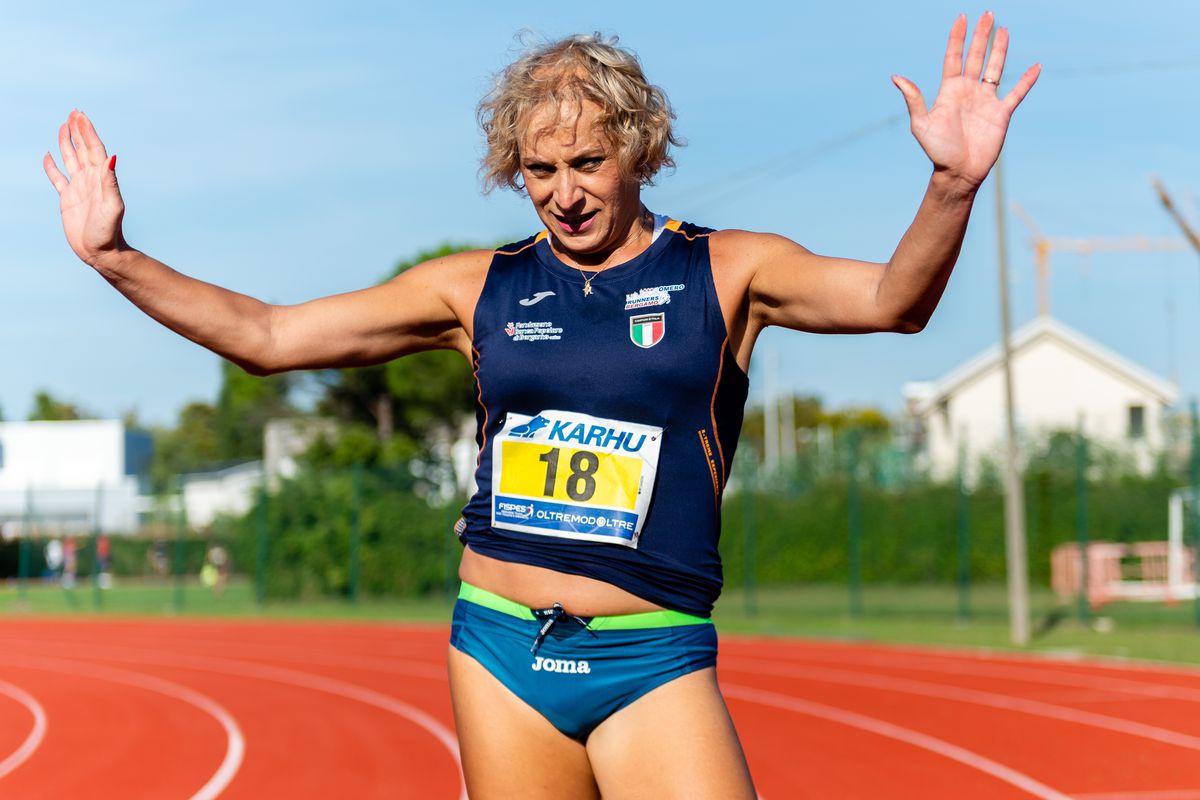Most Popular Myths About Transgender People in Sports

Ok, so we’ll get started with the obvious – the vast majority of critics who’d like to see trans people excluded from sports primarily target women.
You’ll hear little about the disparity of allowing a trans man (who has transitioned from a female) to compete in pro soccer leagues or try their hand at professional boxing!
Just as access to trans education, the best dating sites for LGBTQ+ people, and social acceptance are changing, so too is the arena.
Here we’ll run through the most common myths about the realities of competing in high-level sports competitions as a non-CIS female.
Myth One: Trans Equality Rules Are Unbiased
The concept is that allowing trans women to participate in professional sports will be detrimental to CIS women – i.e., they won’t be on a level playing field.
However, that myth is wrong on so many levels.
Any exclusion is divisive and means that we’re looking at separationist policies that only try to divide and conquer.
Whether you’re passionate about black rights, female equality, or trans parity, a fairer world is a more equitable world. Period.
Sports women don’t need defending or protecting.
They are strong, fast, and capable, and more than able to compete against women who will inevitably sometimes be younger, more experienced, taller, or heavier – it’s the name of the game.
Myth Two: Trans Woman Are Disproportionately Better at Sports
This rumor is funny – because it doesn’t take much to look at some stats and see that very few trans competitors have won high-level awards!
If the myth were correct, we’d see every medal-winning podium at the Olympics feature a trans woman or every world record holder in a non-CIS category.
Here are the suggested issues:
- Trans women are faster because they used to be men.
- They are stronger because they have more testosterone.
- CIS women can’t compete against trans athletes because they are smaller.
Trans women have been through extensive hormonal therapies and often invasive surgical procedures, so the truth is that they will have no more advantages than anybody else.
More often, a trans athlete is at a disadvantage due to the necessary time out of training for recovery and the long-term impacts of hormone treatments.
Sporting standards don’t look at physicality to determine a fair or unfair advantage.
Unless you’re in a sport such as boxing, where your weight determines your category, the natural diversity in our body shapes, heights and weights is a non-issue.
Every trans woman competing at a high level will undergo the same standard assessments, so aren’t posing any undue competitive advantage if they comply with rules.
Myth Three: Trans Athletes Are Men Posing as Women
The perception that a man would undergo the rigors, scrutiny, pain, and stress of transitioning to another gender purely to compete in a different gender class is absurd.
Women come in all shapes and sizes. There are many conditions and genetic backgrounds that mean they might have a higher muscle mass, be taller, or perhaps even be intersex and of ‘indeterminate’ gender.
Your gender is made up of many things, and those biological characteristics won’t be identical in any two CIS women.
Therefore, it doesn’t make sense to differentiate between a woman and a trans woman at a professional level.
Myth Four: Trans Sportspeople Should Have Separate Teams
But – why?
Firstly, this concept goes against everything the world has learned about equality and fairness.
Putting people into separate groups, different leagues, or alternative sports isn’t going to solve anything.
If you were to split football teams into black and white squads, or skinny girls vs. thick girls, you’d have a horrendous outcry about the objectification and discrimination involved – and rightly so!
Doing the same to trans women is an identical policy. It’s saying one group of people are different, or less, or disposable, and it causes divides, lack of equality and extreme impacts on the wellbeing of those participants.
Excluding trans people is one step removed from other forms of discrimination. Making the world of sports fair and equal isn’t just a good thing for the trans community. It’s a good thing for everyone.
Relevant news

Transgender Civil Rights
A person’s gender is usually assigned at birth — male or female – based on…

Is Being Trans a Mental Illness?
A common misconception suggests that Transgender is a mental illness. However, is being transgender a…

What Percentage of the US Population is Transgender?
Since surveys that respondents voluntarily take are the only way to answer how many transgender…

Interesting Facts About Transgender Mental Health
According to a 2018 study, transgender people have a 4 percent greater risk of depression.…

What Are the Best Transgender Sex Movies You Need to Watch?
We all know that trans people have routinely been discriminated against in Hollywood. Very few…

Transgender Sexuality: What Does it All Mean?
While awareness of transgender people is growing, many US citizens don't understand the terminology -…
